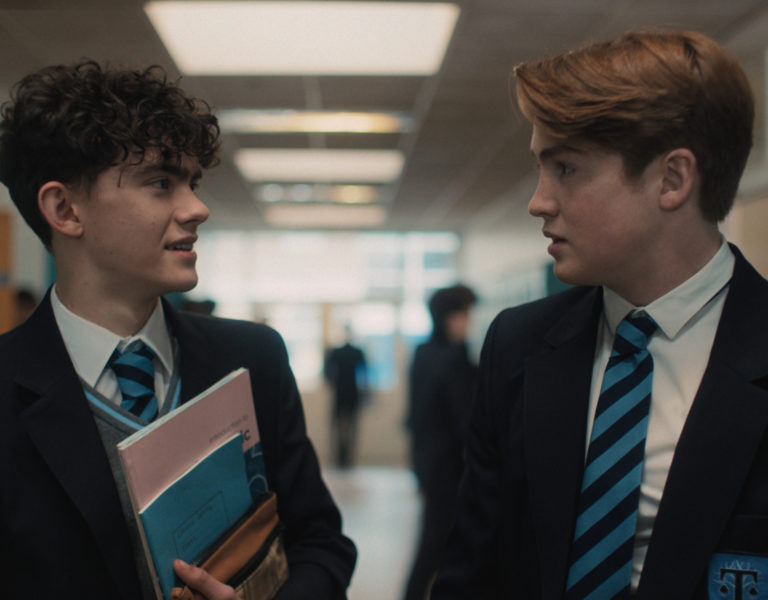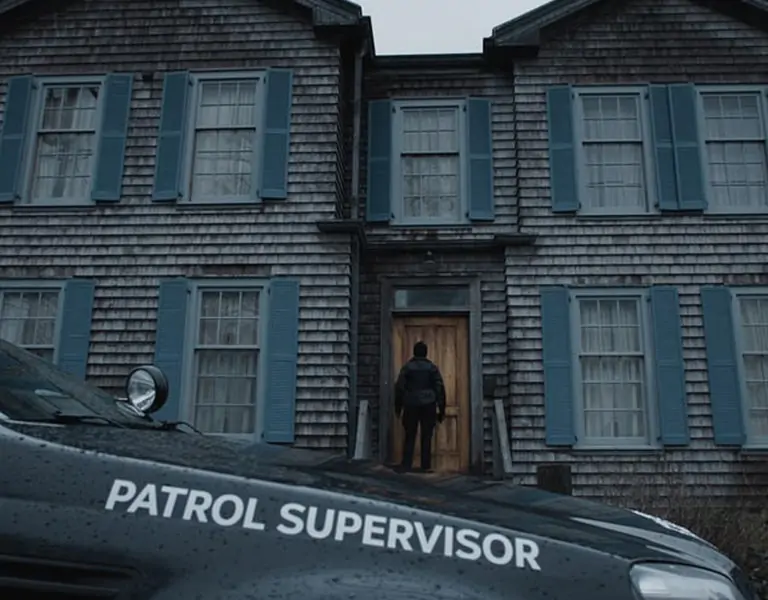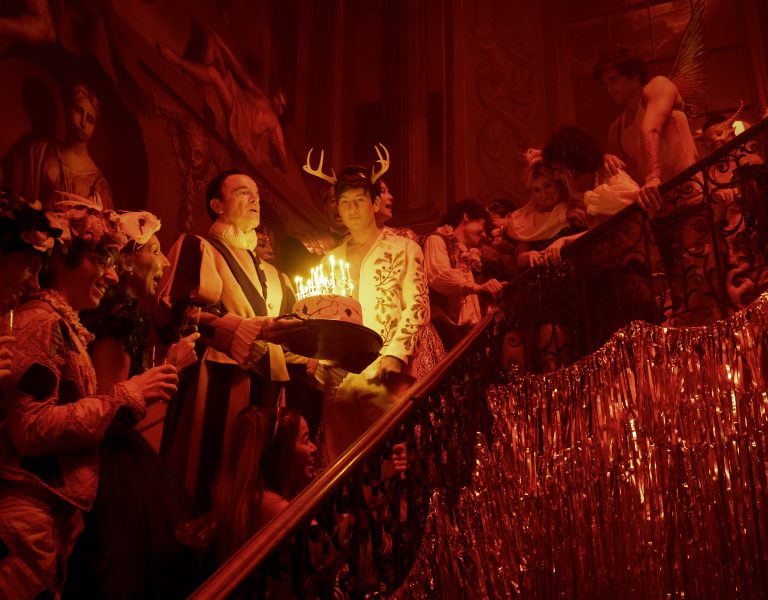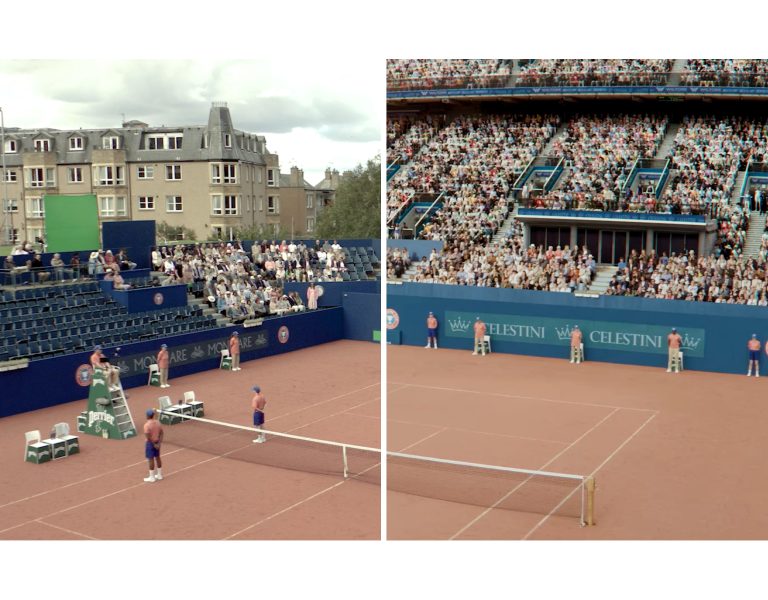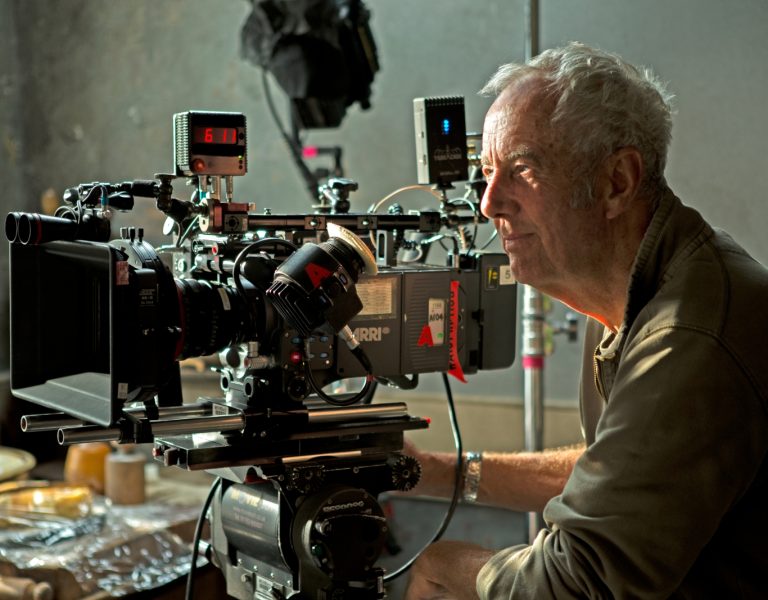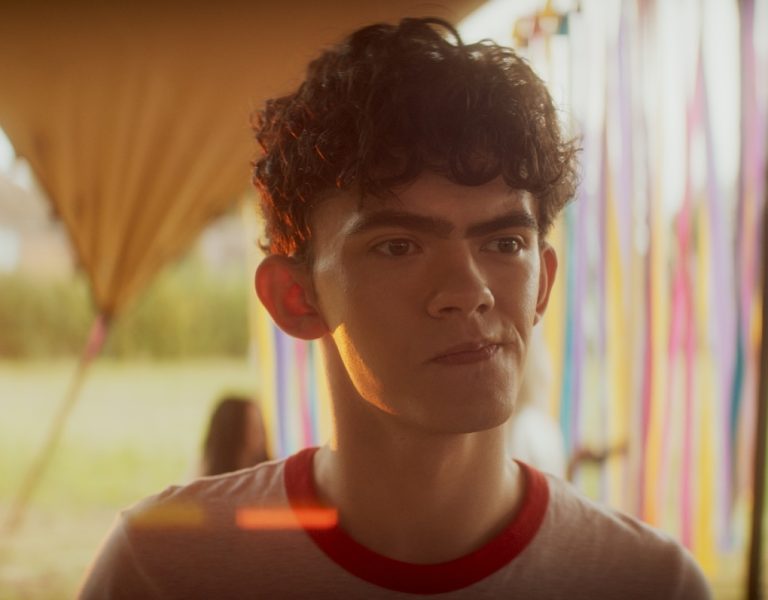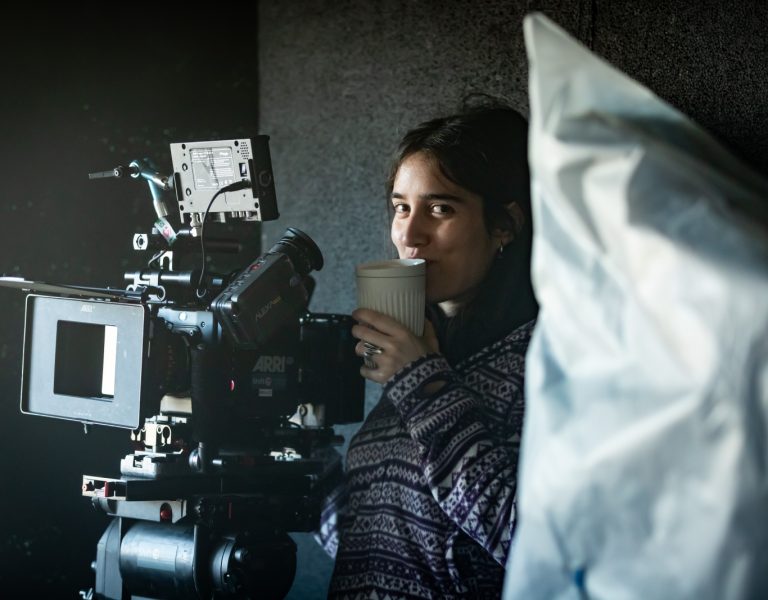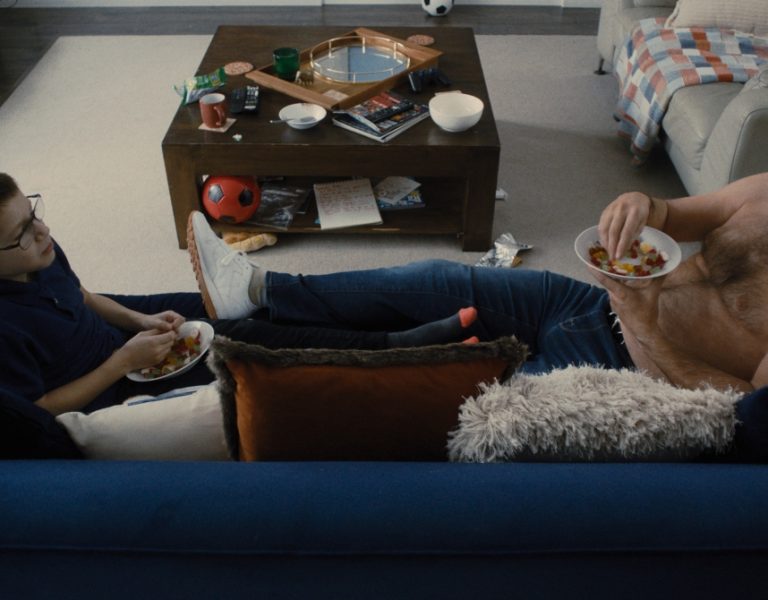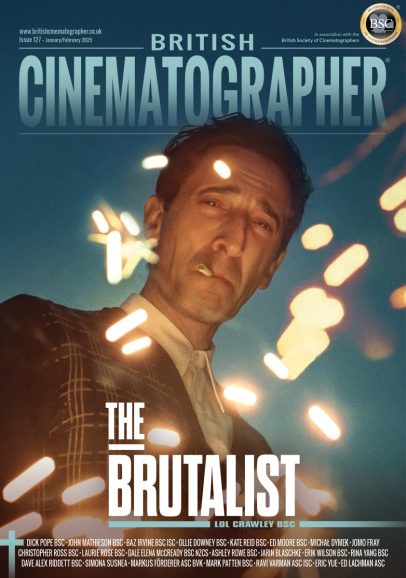THE ONLY WAY IS UP
Skywalkers: A Love Story delves into the thrilling realm of ‘rooftopping,’ showcasing the lives of Angela Nikolau and Ivan Beerkus, the reigning figures of this extreme activity. The film captures their adventures through careful preparation and bold guerrilla filmmaking.
Before you ask, no, Skywalkers: A Love Story is not another spin-off in the Star Wars saga. Instead, it’s a tale of two individuals whose extraordinary abilities and daring feats reach a level of agility, precision, and mental fortitude that would make a Jedi Knight nod in approval.
In comparison to another Netflix film, The Deepest Breath, known for its intense emotional depth and gripping narrative, this film charts a different course. While the former takes the audience on a rollercoaster ride of emotions culminating in a heart-wrenching finale, Skywalkers offers a contrasting narrative arc.
This documentary chronicles the story of two Russian daredevils, Angela Nikolau and Ivan Beerkus, who saved their romance by scaling one of the world’s tallest buildings.
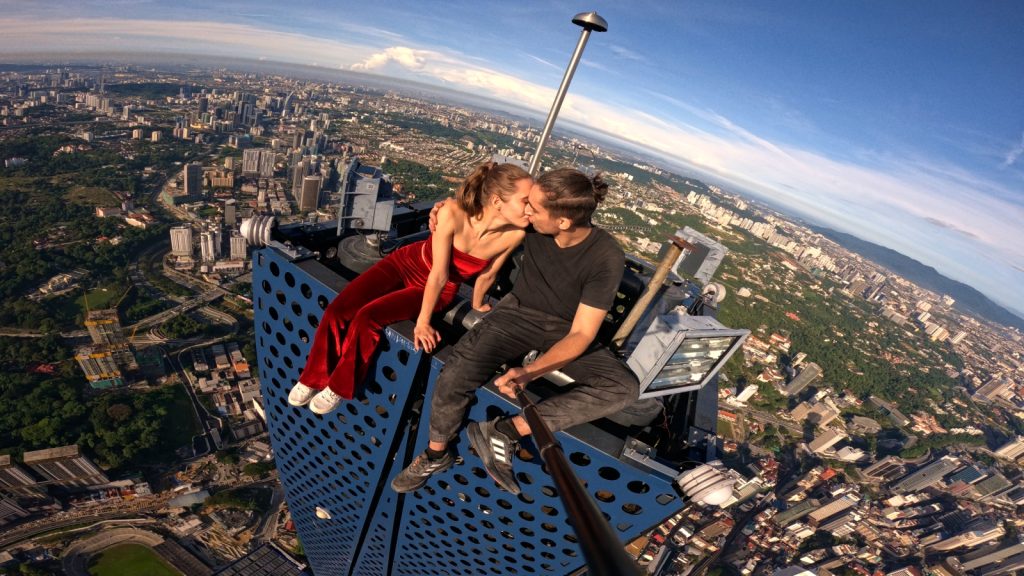
“I dabbled, though not to the extremes that Angela and Ivan did, but I was attracted to it for similar reasons,” he explains. “When I discovered that this activity had a name— rooftopping—and that people were climbing the tallest buildings in their cities worldwide, I began to track the rise of this phenomenon and search for a story I thought was worthy of a feature-length documentary.”
THE FUTURE
It wasn’t until 15 years later that Nikolau burst onto the scene as the first female rooftopper, bringing her own style and vision without trying to compete with the boys. “She wanted to bring a feminine lens to rooftopping, which was really impressive, so I reached out to her,” he adds. “She told me she was raised in a circus and was a trained acrobat and gymnast, which I found even more intriguing,” Zimbalist says. “Then she introduced me to Ivan, who was the most popular rooftopper in Russia at the time. They presented themselves as competitors with a rivalry, but it was clear there was an underlying interest between them, perhaps a budding courtship. That’s when the idea was planted to tell a love story on top of the world, using extreme climbing as a metaphor for romantic trust.”
Filming people doing extreme activities is always challenging, so it came as no surprise to Zimbalist that the film would take years to complete.
“It’s a combination of many different formats, because the film was a process of seven years since I first reached out to Angela so technology was evolving, but we also had an archive from both of them, 60-plus hours of stuff that they had done on their own,” he says. “So we’re talking about many different generations of GoPros. Ultimately, we had a number of Hero 11s, four of those, and we shot over 200 hours of cinéma verité.”
Behind their trusted directors of photography Renato Borrayo Serrano and Pablo Rojas, the team began filming the duo using a Canon EOS C300 Mark II and then moved on to a Canon EOS C300 Mark III, along with a Canon EOS C70 and a Sony FX6 with mostly Sigma lenses, plus night vision body cameras.
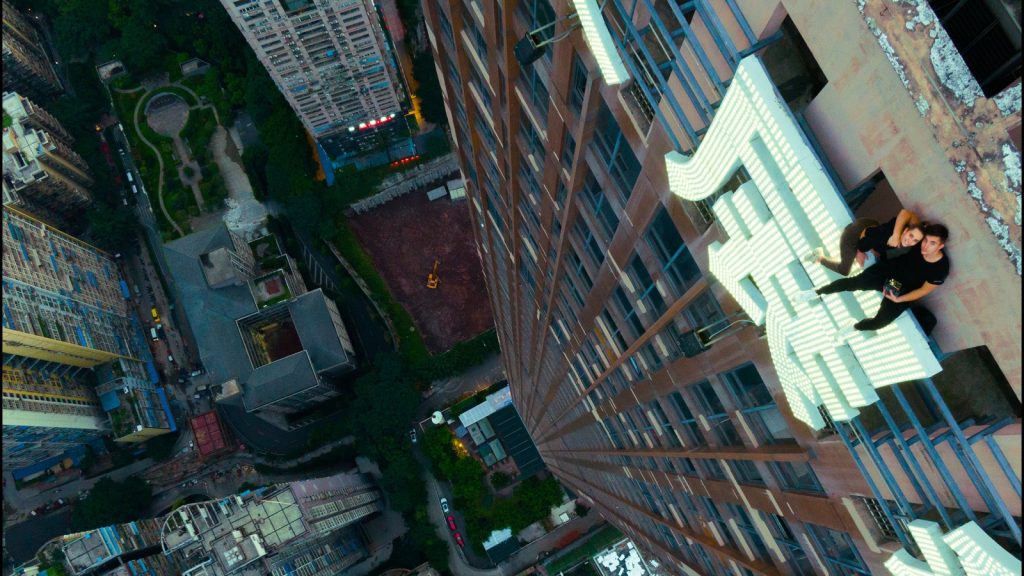
UP IN THE AIR
Owing to the amount of aerial filming, a DJI Mavic 3 Pro was used, along with a custom- built FPV. “Ivan would program the drone move, then put the remote in his pocket, or put it down by his feet, or he would hide it,” Zimbalist adds. “Angela got very good at getting coverage with a selfie stick. Maria trained them to get all the coverage that we would need for an edit when we weren’t there. When they created themselves for social media, they only showed the glossy, polished, beautiful persona. We really wanted all the stuff that they were leaving on the cutting room floor.”
PLAYING IT SAFE
Safety protocols were put in place with Ivan and Angela, in conjunction with their families, which producer Maria Bukhonina was instrumental in figuring out, allowing the team to follow them up the buildings with their C300s.
“We did some of that trespassing with them, but once we got to the flat roof off of which the spire or crane begins,” Zimbalist says, “we made a promise to the families that we would stay at a distance because we could distract them if we were too close. So the really hairy climbing, they filmed themselves.
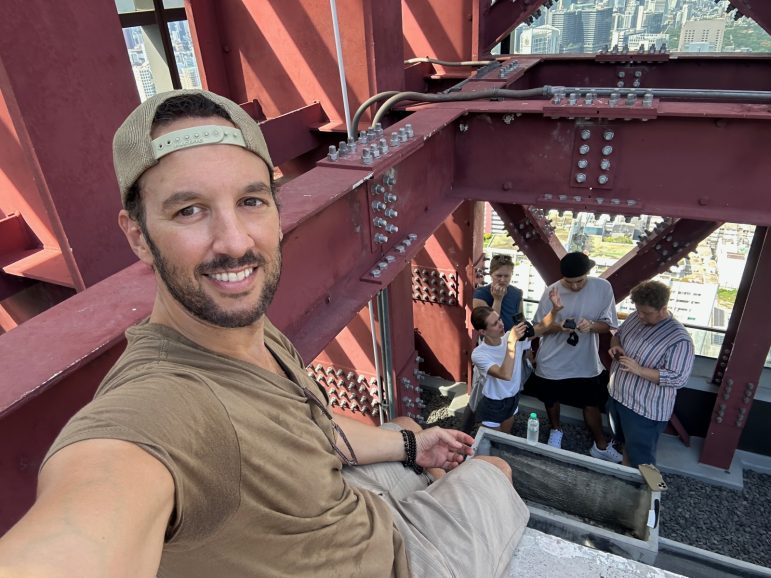
RISK-TAKING
Fully aware of the complications involved in making the film, Zimbalist and Bukhonina financed the film independently.
“XYZ Films and Library Films are old friends of mine and took a leap of faith on the project,” says Zimbalist. “We knew that if we got through it with no incidents, if we got past the high liability period, then it would be easier to sell it. Obviously, there were elements of guerrilla filmmaking, renegade filmmaking, because we weren’t going to be able get location releases from the owners of these buildings. We’re thrilled that Netflix is distributing and XYZ Films will do a limited IMAX release.”
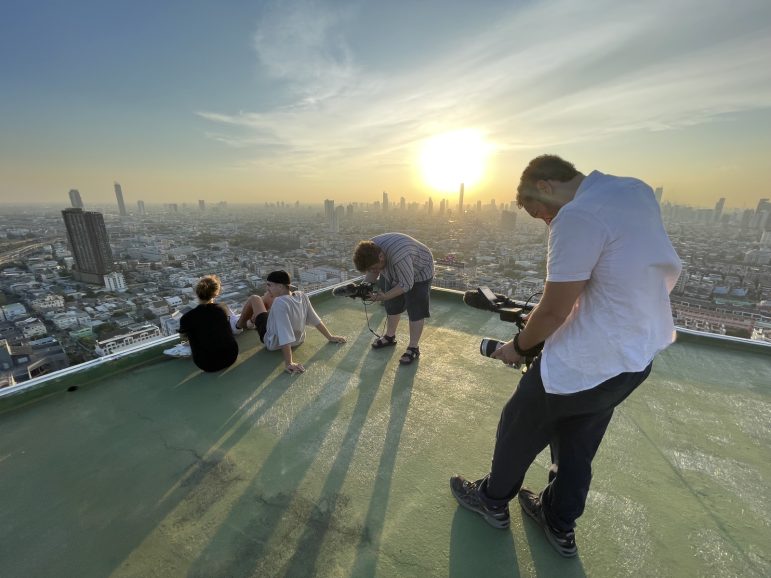
“Well, we prepped for that,” Bukhonina says. “We realised we wouldn’t be with them, so they needed to be prepared. In Malaysia, the humidity is so high that GoPros only work for about 20 minutes at a time. It was unpredictable how long they would be there. We thought the climb would be much faster, but we overprepared just in case. They had four GoPros, about eight charged batteries, and batteries for the mics. They used miniature sports mics that weren’t tethered to us, so we couldn’t monitor the sound, but they could record longer. They understood the importance of clean audio. The GoPros and the Mavic had extra batteries, so they had to swap them and cool down the GoPros. While doing the heist and getting coverage, they were essentially working as a camera crew, constantly swapping batteries to keep everything running.”
STAYING CONNECTED
Communication was crucial during production, particularly because the protagonists would frequently be out of sight for extended periods.
“We discovered something that was a pleasant surprise to us on the final climb,” Bukhonina adds. “We expected to lose communication with them, but they actually had cell phone reception throughout the entire building—all 120 floors. They were texting us, sending us pictures—like the feet of workers napping next to them through the pile—and telling us they were stuck and didn’t know what to do. They texted us furiously, sparking a conversation about whether they should stay or go.”
Ultimately, they wanted to stay, even though Zimbalist and Bukhonina urged them to escape the building for their own safety. However, their pleas fell on deaf ears. “They said, ‘We’re sticking it out because we don’t know if we’re ever going to get this chance again,’” Bukhonina adds.
INVESTIGATION
Now, this is where it gets serious in a different sense of the word. The very nature of their actions was breaking and entering. So, how has it been left?
“Well, the tower is very significant as it’s touted as a national project,” Bukhonina says. “The government is involved, but people have been caught inside, so there’s going to be an ongoing conversation about the security in that place.”
Bukhonina says Malaysia’s next move was to claim that Ivan and Angela were in the country illegally.
“We arrived as normal tourists on regular visas by plane and were registered in the system,” she explains. “They tried to shift the blame, first saying it was Photoshop, which wasn’t the case. Nothing substantial came of it. The skywalkers just aren’t flying through Malaysia anymore.”
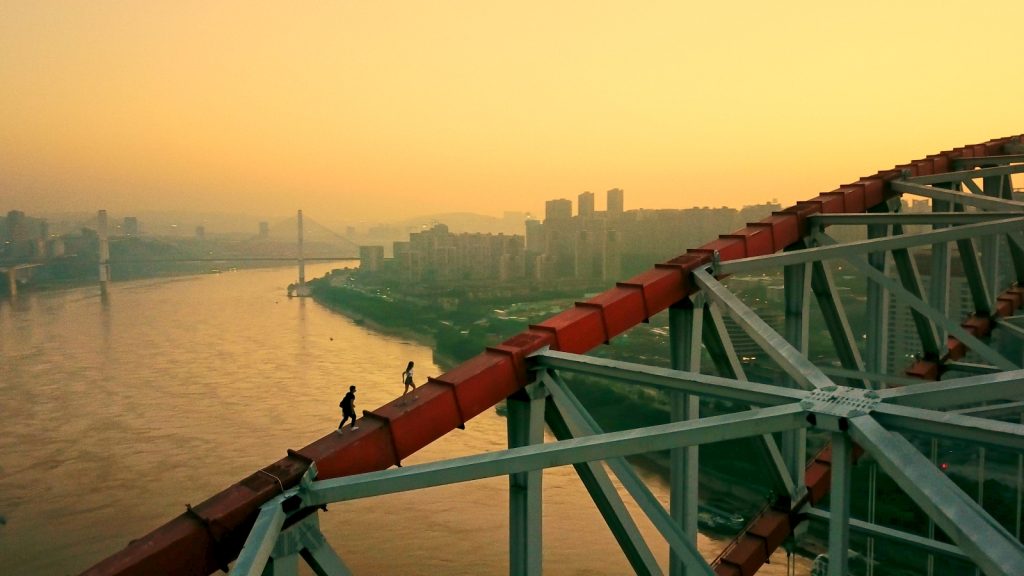
Furthermore, to ensure the footage reached the director and producer, media cards were taped to the drones and flown down from the top of the building to where the crew waited nearby, avoiding confiscation if caught on the way out.
Despite Zimbalist managing to make a gripping documentary about what was once his passion, he has no designs on scaling those lofty heights again.
“I actually have much more fear of heights as I get older,” he says. “It was thrilling to return to it. I definitely got the adrenaline rush and some of that familiar transcendent spiritual experience just by going up to some of the lower roofs with them on these shoots. It’s interesting because I was generally desensitised working for years on this, I didn’t feel vertigo until we watched the film on an IMAX screen. It was so immersive that I had to look away— it felt like seeing that footage for the first time.”
“I think Ivan and Angela stand out from other athletes in extreme sports. Often, extreme athletes talk about coming to terms with death or not fearing it anymore. For example, with free solo climber Alex Honnold, brain scans showed he doesn’t feel the fear of heights. But Ivan and Angela are clear they don’t want to die and share the fears the rest of us do, she even has a panic attack on a roof in the film, all of which makes it easier for us to identify, relate, and ultimately to root for them.”
LIMITATIONS
When it came to shooting in the dark, the protagonists used night vision cameras, specifically law enforcement-grade body cams. “Anything you see with a greenish-yellow tint is from these cameras,” says Zimbalist. “They were used in all the darkest spaces. Sometimes, when the construction workers were further away, Ivan and Angela used a little light in the cave to improve visibility. Over 30-plus hours, the sun coming and going also affected lighting.”
Bukhonina explains how, due to logistical challenges, the crew was kept to a bare minimum, with only two to three people following the pair.
“We aimed for a small footprint to avoid blowing their cover,” she says. “We mostly used one camera, occasionally two indoors. We avoided using assistants, lighting, or sticks to stay off the radar. Ivan, an experienced cinematographer, even taught us some tricks, like using a 360 camera for unique shots.”
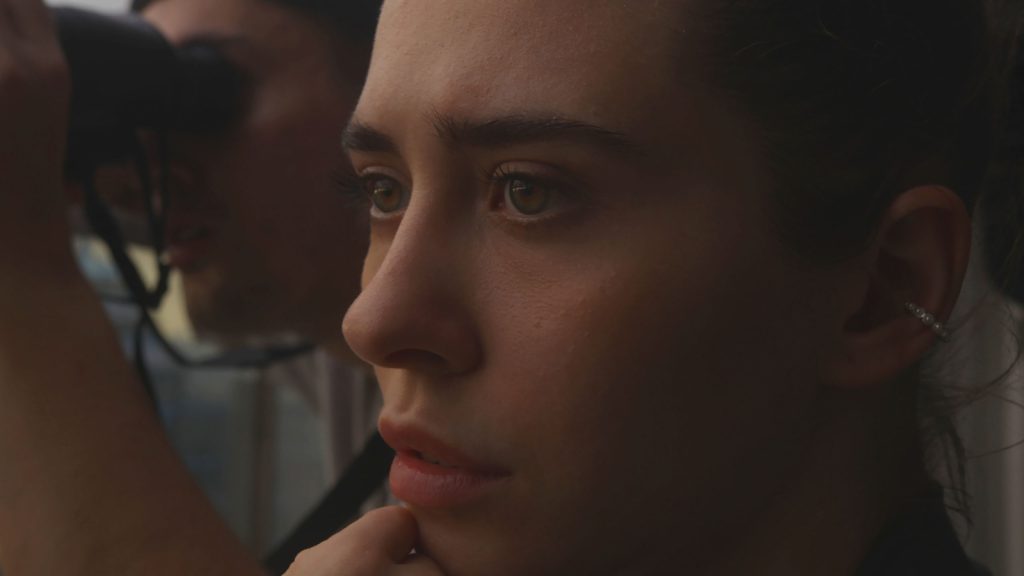
Zimbalist maintains that safety was always the primary concern. “We told Ivan and Angela not to take extra risks just for the film, emphasising that this was a love story, not an extreme sports record attempt,” he says. “The film’s dramatic tension was about their relationship, will they learn to trust each other, not just completing a physical challenge. We aimed to highlight the universal elements of trust and intimacy in their partnership.”
Skywalkers: A Love Story premiered at the 2024 Sundance Film Festival and will be released on Netflix on July 19, 2024.




